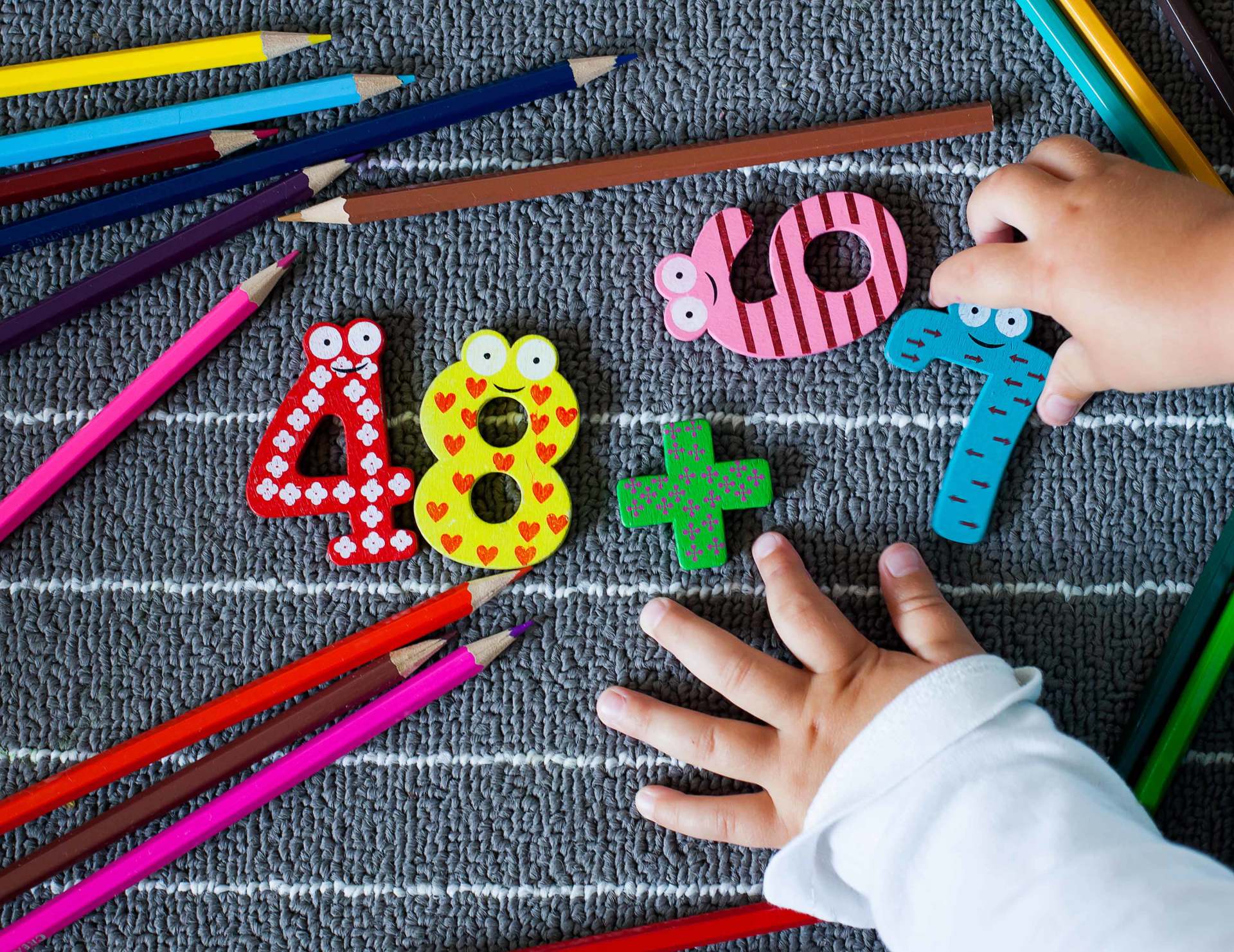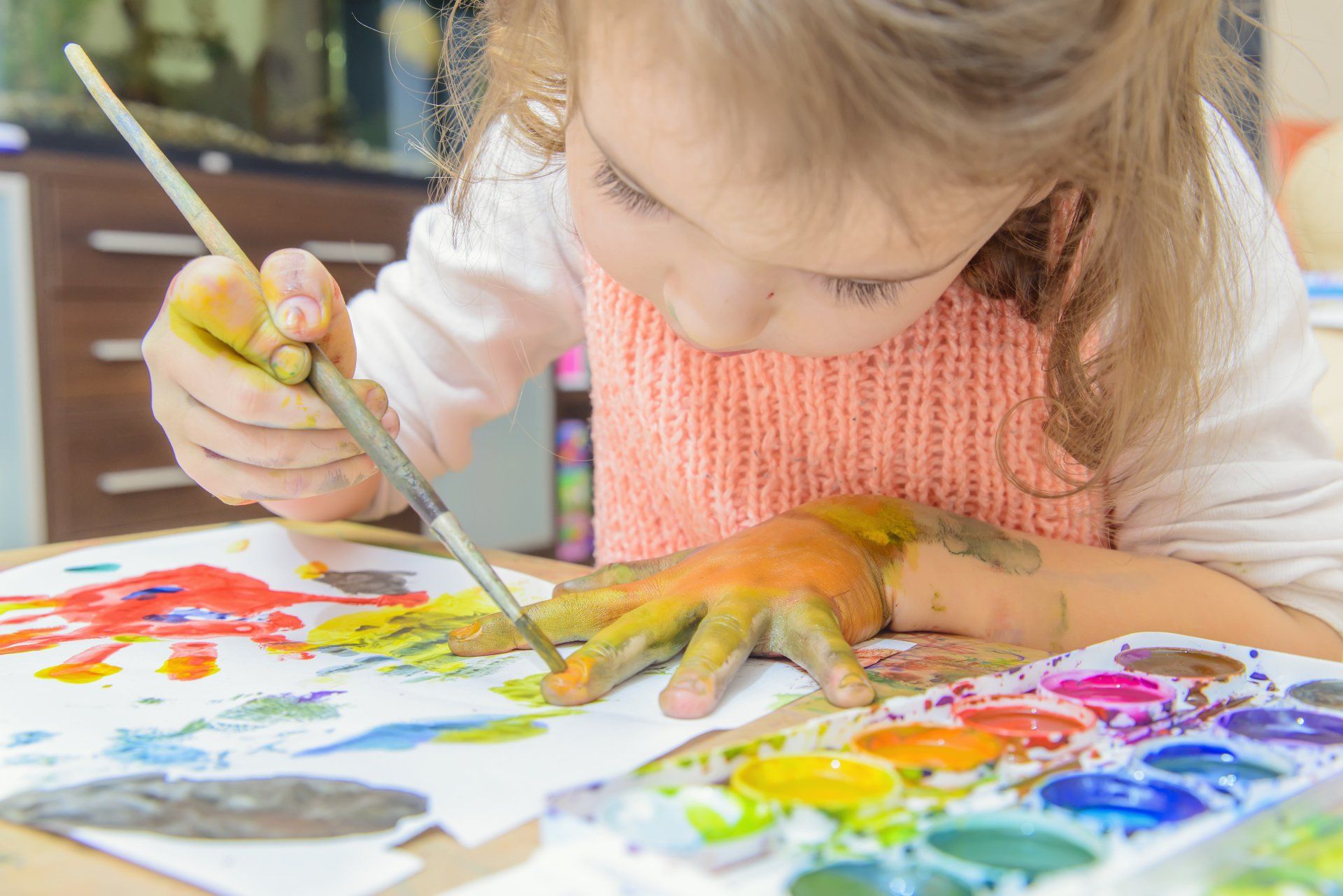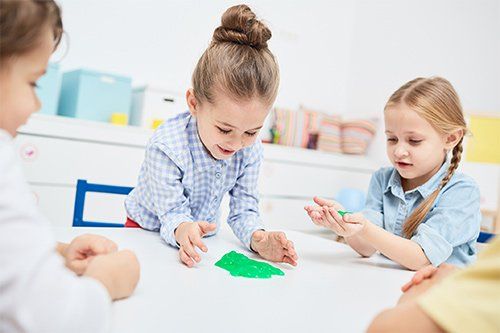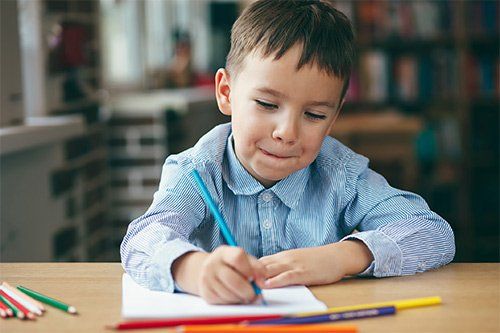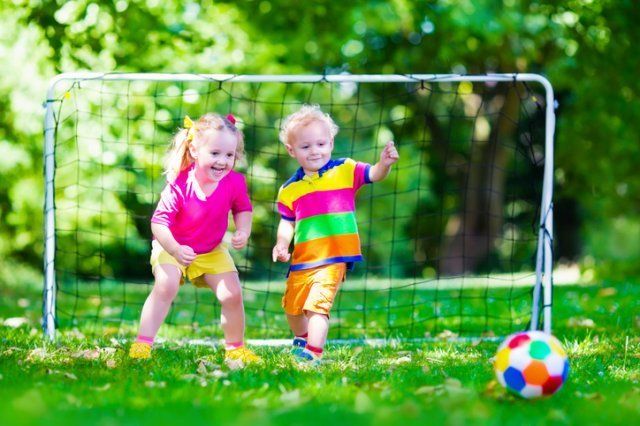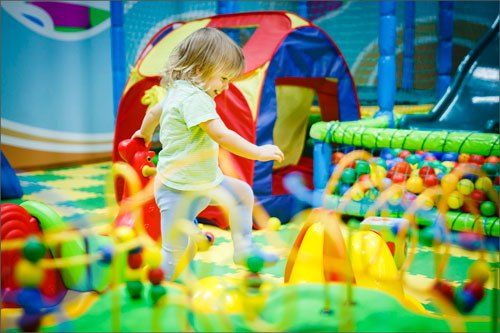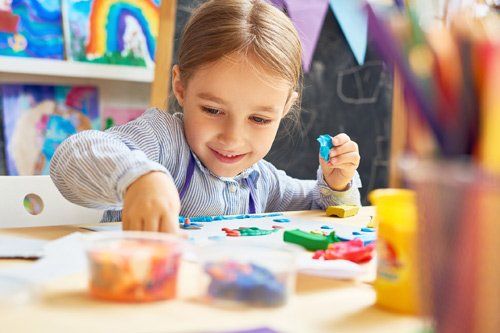Do These Things to Support Your Child's Progress in Preschool
- By Admin
- •
- 16 Jan, 2020
- •
Sending your small child to preschool can be exciting for you and your little one. Learning with kids their age can be a fun and rewarding experience for preschoolers. As you see your child thrive in preschool, you may wonder what you can do to help them get the most from this new step in their education. Consider these after-school activities to support your child's education.
Play Classic Games With Your Preschooler
Many young children play video games and enjoy gameplay on their electronic device. However, there is nothing quite like old-fashioned games to help young children develop a variety of important skills that can enhance their education. Consider playing these games with your child after school:
- Simon Says - It helps children learn self-regulation and how to better follow instructions.
- Hopscotch - This game helps kids build balance and hand-eye coordination.
- Jump rope - Not only does this help kids get exercise but it also improves coordination.
- Hide and seek - This one helps children learn creative problem-solving skills.
Switch up the games you play with your kids to keep them interested and engaged.
Have an Impromptu Talent Show
Encourage your young children to sing and dance often. Enrolling kids in dance and theater classes is a good idea, but preschool children might not be ready for that. Instead, simply play a talent show game with them, and ask them to perform a song for you. They can sing and dance to mimic a performance they've seen on television.
You can make a playlist just for the talent show game. Fill it with kid-friendly, high-energy songs. Include tunes from musicals or television shows. If your child has expressed a preference for certain songs or the music of a particular singer, prioritize those songs to motivate them.
Singing can help children better understand sound and language. It is a great way for them to release emotions. Dancing is a great way for small children to exercise, and it allows them to explore how their body can move. That can give them a greater sense of confidence. They will also love the attention when you applaud and praise them for the performance.
Start Discussions With a Name That Feeling Game
Start a game called Name That Feeling with your preschool child. Describe a situation and ask your child how it would make them feel. For example, you may describe a situation where another child comes by and takes their toy while they are playing. Ask them how that would make them feel. Then follow that up by talking about what they can do about the emotion.
You can learn about what your child views as acceptable behavior with this game, especially because preschool children are likely to be very honest. So if the child says that they might hit or punch another child who does something they don't like, this a good opportunity to teach them and talk about alternatives.
The Name That Feeling game can also help you identify potential problems before they occur. It can empower your child with positive ways to handle potential issues at preschool, and it can help your child become more empathetic because they will think of how other kids may feel in certain situations.
Coordinate Play With Reading
Reading books to your children shouldn't be an activity that's reserved for bedtime. Frequently reading to preschool children can strengthen their vocabulary and language skills.
Make library visits a weekly event so you always have books on hand to coordinate play with reading. After each book you read, improvise a game that's themed to the book. For example, if you read a book about a train, you may ask kids what they would do if they were a train. They may run in circles and make sounds like a train.
Finally, contact Riviera Children's Center to learn more about the available programs for your child. Our caring team has established daily lesson plans and an established curriculum in subjects that include math, science, reading, music, and art.
